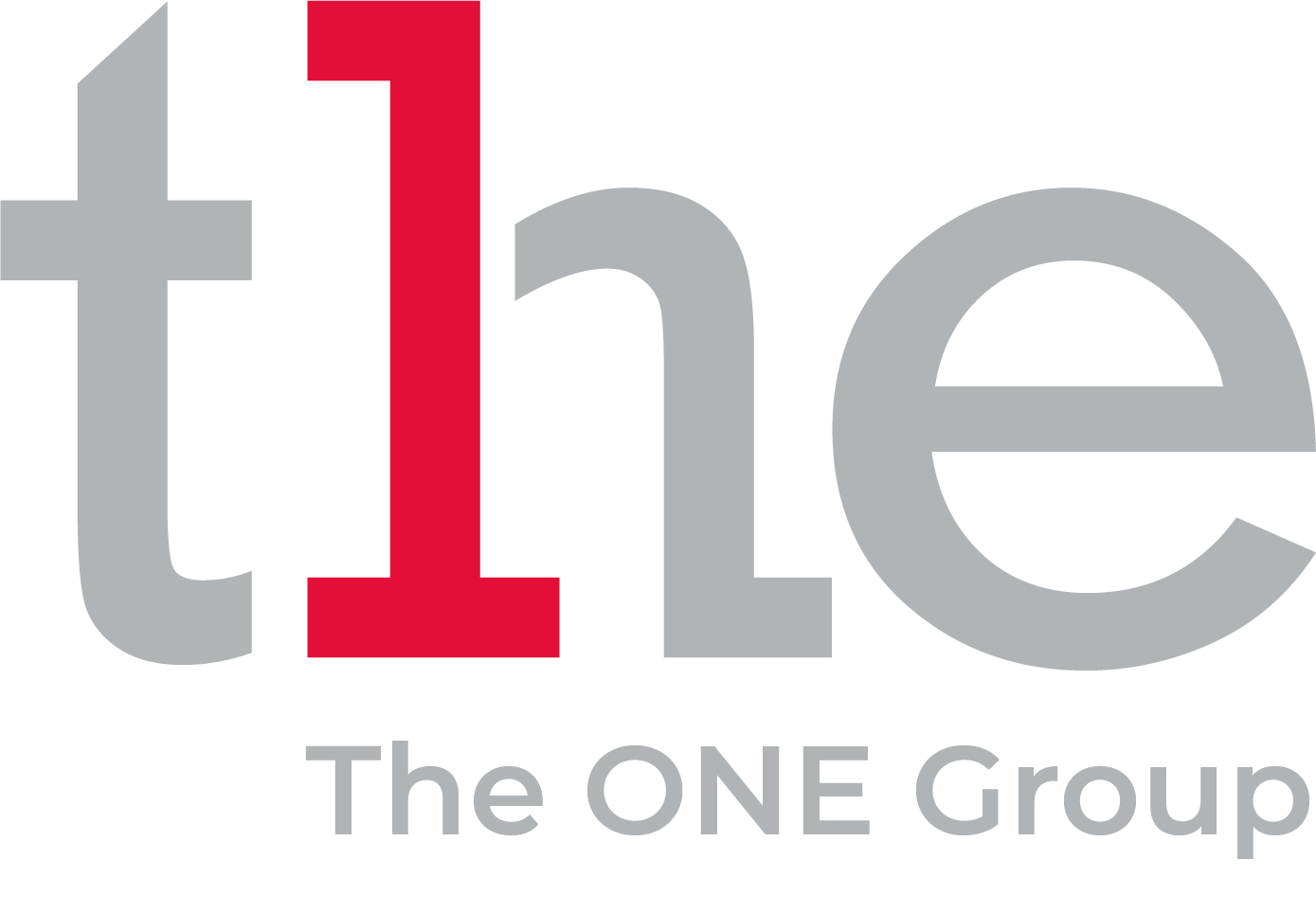How to build the "perfect" CV
I've been in the recruitment business for only a couple of months now, but in this short time, I've witnessed everything from the good to the bad, the impressive to the appalling. One thing I have never witnessed is the "perfect" CV, however, the one thing that all great CVs have in common is that they're honest, well-written, and engaging. It's never easy putting your own accomplishments into words, especially when you aren't used to it. But there are some simple rules that apply whether you're applying for your first job or have been working for years:
Understand the job you want ... and get to know your employer
If you really want to get the job, it's important to understand the job you want and know your employer. This is actually more important than knowing how to write a CV! Let's break this point down:
Know what they need. Employers are looking for specific skill sets and experience, so make sure you're highlighting those in your CV. If there's a specific software program that they use all the time or an industry-specific certification that requires a certain type of degree, then highlight those things because it shows that you're able to meet their needs as an employee (and possibly even exceed them).
Understand the job title. Even if you don't have all of these skills at first - which is totally fine - try thinking about how you could learn them. Is there a way in which you could improve yourself so that you can impress your peers to get promoted within the company?
Do your research
In order to build the perfect CV, you have to do your research. This means researching the company, the job, and the industry. Researching what kind of employer you want to work for is important too; if you want to work at a tech startup but only have experience in insurance sales, that doesn't mean your dream job isn't out there waiting for you!
On top of all this research, consider researching what's happening in your local market as well — is unemployment high? Are employers actively seeking new employees? Is there an industry-specific trend affecting hiring practices? These factors could affect how successful your application will be once submitted.
Sell yourself
The best CVs are selling you. See yourself as a product, and your CV as the advert that tells potential employers why they should hire you.
As such, it should be clear what your skills and experience have been up until this point. Be honest about your work history—no one wants to hire someone who doesn't tell the truth on their CV (and if you do hide the truth, it will probably be uncovered eventually). Instead of focusing on what you can get from the employer (like a lot of job seekers), focus on what you can do for the employer. In other words: sell yourself!
You may think that sounds obvious—but many people struggle when it comes to putting their best foot forward on their CV. They focus too much on describing their duties at previous jobs and not enough time on highlighting how awesome they are at those duties, or they highlight how awesome they are but don't provide examples of how those skills will benefit an employer (see below).
Keep it simple... and to the point
If you're going to include every single thing that has ever happened to you, it's important to make sure it's all relevant. You don't want to come across as a braggart or someone who doesn't think before speaking. The best way to do this is by leaving out irrelevant information and jargon from previous jobs, and focusing on the most relevant parts of your experience (whether it be skills or accomplishments).
This is also the time when you can show off how smart and witty you are by using fancy language — but only if it makes sense! For example, writing "I have led a team" should be enough for most applications, but saying "I have led a brigade" sounds like an over-exaggeration unless there's something else in the resume that justifies such an exaggerated claim.
The "Don'ts"
You may have heard the term "the CV is a lie," but I don't think that's true. A CV is much more than just what you say on paper — it's a reflection of who you are as a candidate, and it can be used to set expectations for the interview process. In other words, if your CV says one thing and then your answers during an interview say another thing, that could reflect poorly on both parties involved (you and the interviewer).
Some examples of things to avoid:
Fabricating your experience or education
Invent skills/qualifications that don't exist
Over-exaggerating accomplishments.
Be consistent with past tense and present tense
You don't want to use the wrong tense in your CV.
If you're looking to work in a specific role, be sure that you are using the present tense when describing its duties and responsibilities. For instance, if you are applying for a job doing marketing research, then write "I'm currently performing market research" rather than "I performed market research." This will help demonstrate that you have the skills necessary to perform this function well.
Similarly, if you're applying for an entry-level sales position, avoid using past tense when describing your qualifications: "My experience includes customer service…" instead of “My experience included customer service…” It's better to show what you do rather than what you used to do; otherwise, it looks like you're jumping from job to job without taking time off between them!
Skip the detailed explanations
Think of your resume as an elevator pitch. You only have a short amount of time to make a good first impression, so you need to make it count. This means that you should be concise and clear, rather than giving every detail about every work experience. Stick to facts rather than opinions e.g. leave out that you were in charge of weekly staff meetings or that you did a great job on a marketing campaign for a new product launch.
Instead, focus on communicating what matters: what does this person bring to the table? What have they done for their current employer? Why are they qualified?
Tell the truth and don't be afraid
The first thing to know is that there are some myths about CVs that you need to ignore. People think that if they put everything down on a CV, it will make them sound like they are not telling the truth or an overachiever. But it's the opposite — if you want to make sure your CV will stand out from the crowd and get noticed by hiring managers, then you need to be honest and straightforward about everything on your CV.
Think of it this way: if you're applying for a job as an accountant and have never used Excel before, but don't mention this fact on your CV, but do mention it within the interview, then the interviewer may assume that there are other things missing from your CV too! So honesty wins every time.
At the interview, impress them with what you can do, not what you say you can do
There are two ways to go about an interview: the good way and the bad way. The good way is to impress your interviewer with what you can do, not just what you say you can do. With this in mind, it’s important to be confident in your abilities and honest about what skills and experience make up your CV. And if there’s anything that might come up in a job interview that makes you uncomfortable, the truth always wins when it comes down to whether or not someone will hire you for a job.
Conclusion
With all that in mind, you should be well-equipped to build a great CV. And if you're still not sure how to write an effective one, ask me - I will be happy to provide some guidance.


